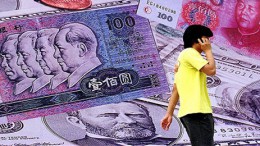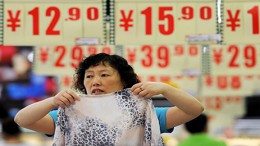Barking at Russia is Easy, Biting is Not
Bungling with Russia over Crimea will send the West knocked out with a bloody nose. One way or another, it was a crisis a long time coming. Europe has arguably sleepwalked into a reluctant confrontation with Russia. The continent’s next-door behemoth of a neighbor, saddled by a man it secretly detests the most, is also its largest energy supplier, irascible trading partner and purveyor of most maladies diplomatic.









